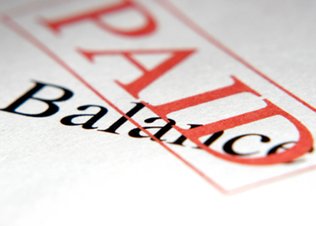
What counts as genuine savings in a loan application?
Published by MFAA
If you apply for a home loan, particularly if the loan is for more than 80% of a property’s value, you’ll more than likely have to prove to lenders that you have a satisfactory amount of savings. This is to demonstrate your ability to funnel a portion of your income into repayments.
Although it can differ, in most cases lenders generally look for consistent additions to savings over a period of at least three months and preferably a year or more. This means that the following are not considered genuine savings:
- a cash gift
- an inheritance
- casino/other gambling winnings
- proceeds of the sale of a non-investment asset
- government grants and other finance offered as incentives.
Can I still get a loan without genuine savings?
For those who don’t have much in genuine savings but still want to obtain finance, there are options including:
- Guarantor loans
Having a guarantor on your loan may mean that no deposit is required, with the equity or asset the guarantor stakes standing in for a deposit. - Other significant assets such as shares, managed funds and/or equity
in residential property
Depending on your chosen lender, cash isn’t the only thing accepted as genuine savings. There are even situations where the sale of a vehicle can be considered as genuine savings if proved that it was owned for three months or more. - A strong rental record
Some lenders will accept a letter a licensed real estate agent confirming that rent has been paid on time and in full for the preceding 12 months, as it highlights your ability to make repayments on time and on an ongoing basis.
MFAA accredited finance brokers are trained to have knowledge of a broad spread of products from multiple lenders, so they’ll be able to match you with the right lender and loan.


























































